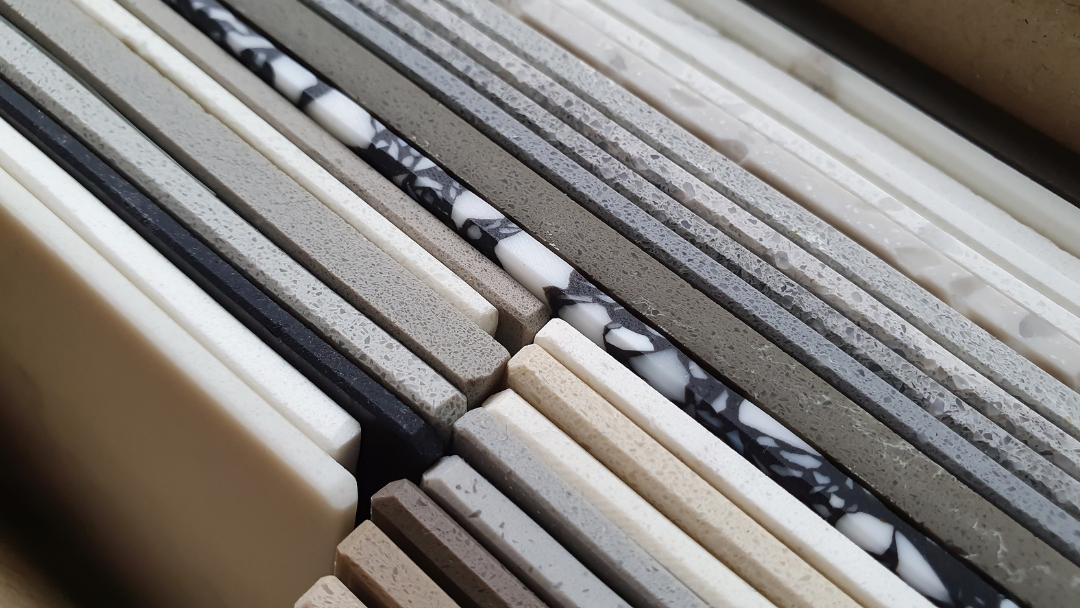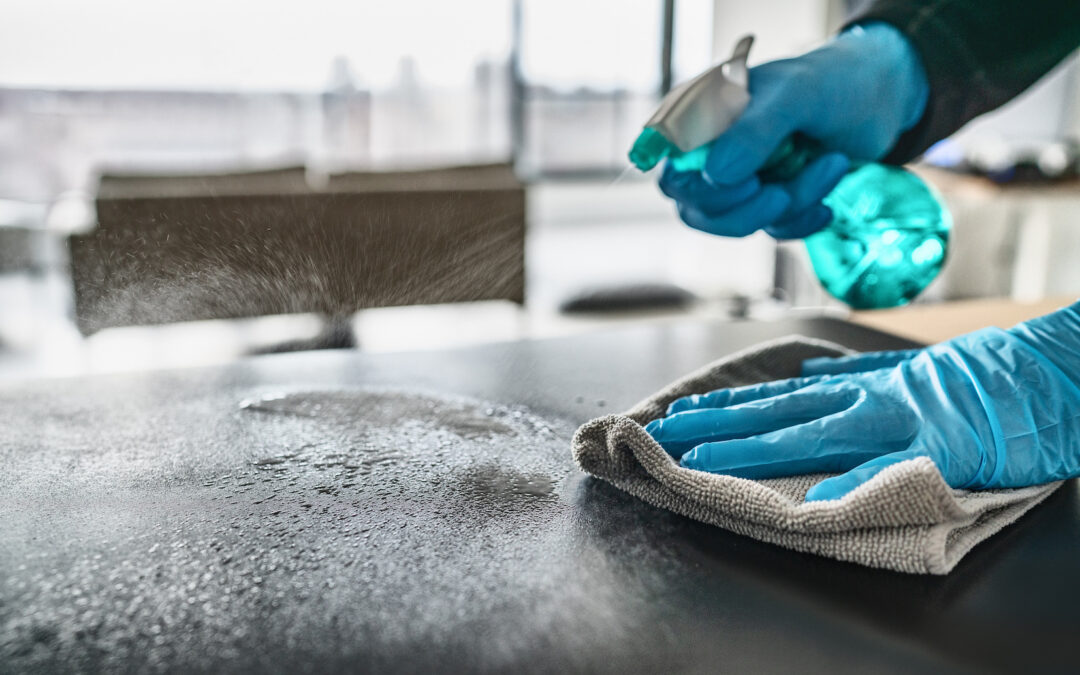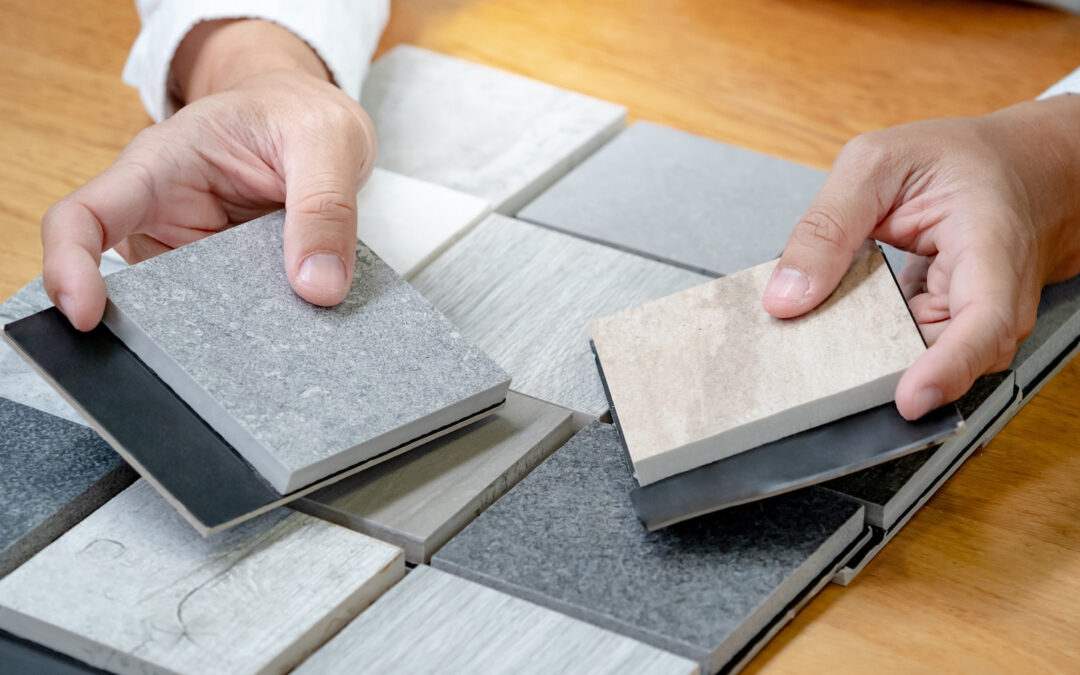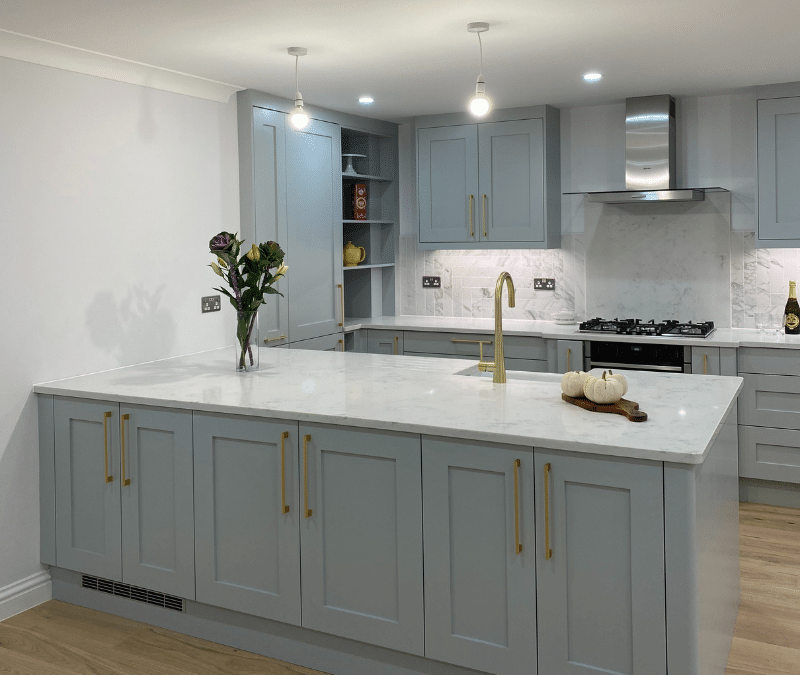If you are looking to remodel or upgrade your kitchen then you may be asking yourself how you can make it as eco-friendly as possible. It is only natural that with increasing information about how our consumer culture impacts the environment that you want to limit your impacts. There are a number of ways that you can do this in the kitchen, and kitchen worktops are a good place to start, with granite being one of the more sustainable options.
What is Granite?
Granite is formed when hot magma cools and crystallises before it reaches the surface of the earth. It is made up of three naturally occurring minerals called quartz, which tends to look like glass, feldspar, which is usually white or pink, and pale mica which is shiny and black. These three main minerals come together and the differing amount of each one will impact what the granite looks like.
Is Granite Renewable?
Granite is not a renewable resource. It takes millions of years for it to form. Many Granite deposits in the south west of England can be radioactively dated and are found to be around 300 million years old. Theoretically, it is possible for the world to run out of granite, however, granite has been used as a building material for centuries and it has barely touched the extensive reserve of granite in the ground. Granite is the most abundant stone on the planet and makes up around 80% of its surface.
Sourcing Granite
The most energy intensive part of granite is getting it out of the ground, however, technological advances in the stone industry is making quarrying more and more environmentally friendly. There are no harmful byproducts of granite either, it is completely natural. In contrast to this, non-natural materials like laminate will often incur a toxic manufacturing process including formaldehyde and resin. In terms of sourcing, the environmental impacts of granite can be compared with sustainable wood.
Granite Packaging
Granite is often transported in slab form, therefore there is no non-recyclable packaging. In order to prevent damage granite is transported on its edge vertically to ensure that bumps in the road do not cause any harm to the product.
The Cutting Process
The cutting of granite is fairly non-energy intensive and although the cutting can result in stone dusts and other compounds entering the atmosphere an experienced craftsman will have modern safety facilities that can neutralise this issue.
Maintaining Granite
Once your granite countertop has been installed maintenance couldn’t be easier. For a natural stone granite is non-porous which means that once sealed keeping it clean and hygienic is as easy as wiping down with a mild dish soap or with an isopropyl alcohol solution. This means your countertop remains clean without using specialist or harsh chemicals.
Lifespan of Granite
The main property that makes granite an eco-friendly material for the kitchen is that it is much more long lasting than alternatives. Granite is extremely hard, second only to diamonds for the hardest natural material. It is not prone to damage from everyday wear and tear and can easily last over 25 years, and often as long as the house itself. Other countertop materials such as vinyl and laminate will last nowhere near this amount of time and would need to be replaced multiple times, resulting in more non-recyclable waste.
Disposing of Granite Countertops
If the time does come where your granite countertop has reached the end of its life then it can be repurposed. Many people sell their used granite to be used for other projects such as paving stones, driveway materials and retaining walls. The re-usability of granite makes it environmentally friendly because it is extremely unlikely to end up in landfills.
The longevity and reusability of granite make it the perfect contender for a low maintenance, high impact, and environmentally friendly countertop material. At Marble Supreme our expert craftsmen have over 65 years of experience in working with granite. Get in contact to discuss a quote, or visit our showroom to see our range of granite swatches for yourself!
You May Also Be Interested in…

Granite vs. Marble: Which Natural Stone Worktop is Right For You?
Choosing the best kitchen or bathroom worktop is no small feat. The options seem endless, but two timeless contenders often steal the spotlight: granite vs. marble. These stone worktops exude luxury and sophistication, enhancing the aesthetic appeal of any space. If...

Cleaning Granite Worktops: A Step By Step Guide
CLEANING GRANITE WORKTOPS So you have your beautiful new granite kitchen worktops, but how can you keep them looking new and shiny for years to come? Even some of the strongest materials around need care from time to time, and granite kitchen worktops are no...

Our Guide To Granite Kitchen Worktops
Granite kitchen worktops are a popular choice for many homeowners due to their strength, durability and sleek appearance. With a timeless appeal that can add value to the home, they make a great investment for anyone looking to transform their outdated kitchen space....
